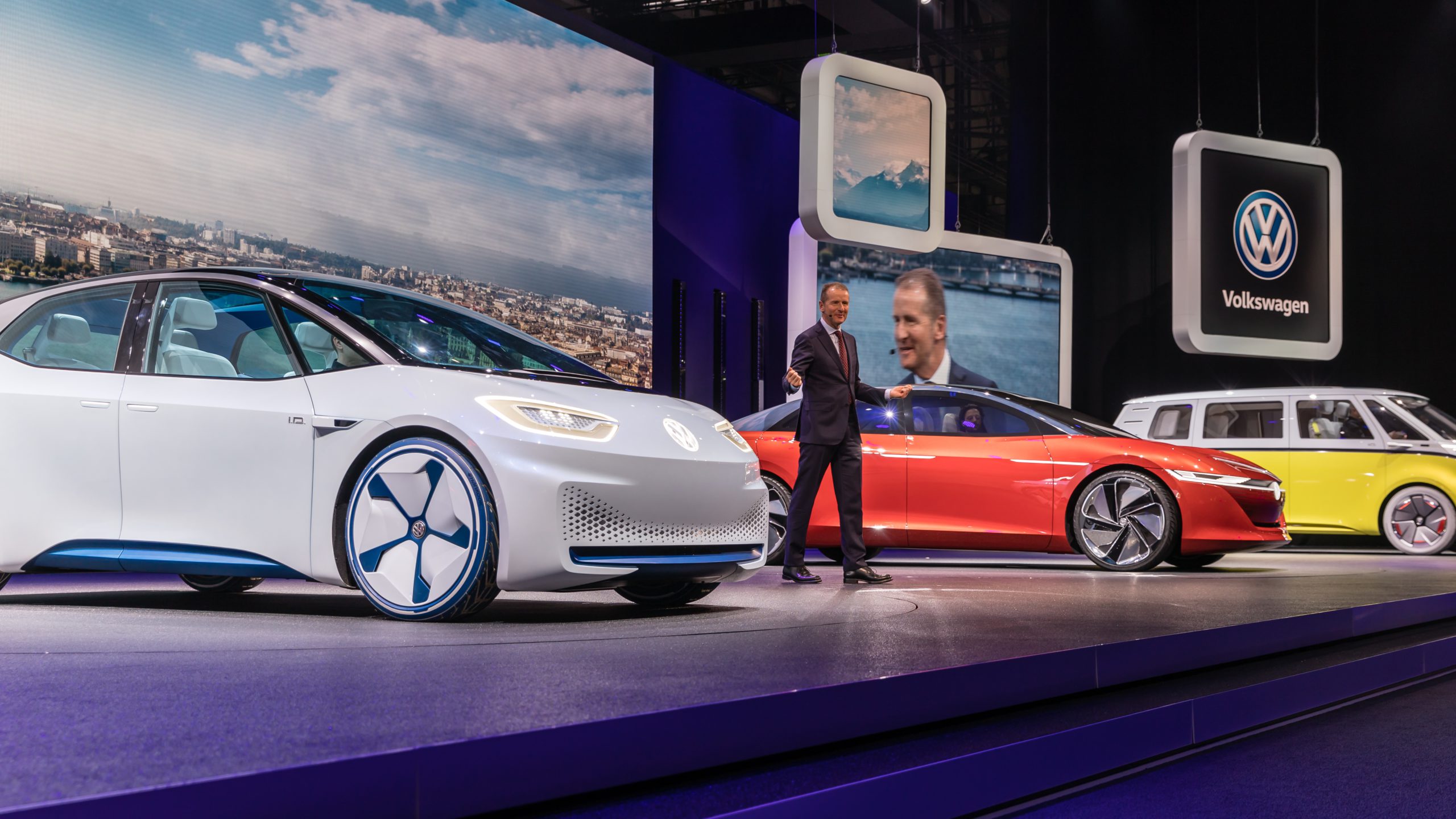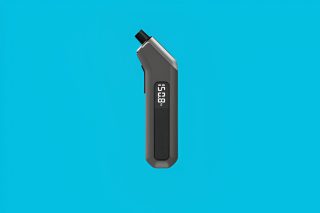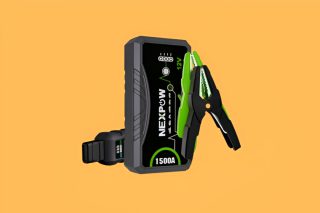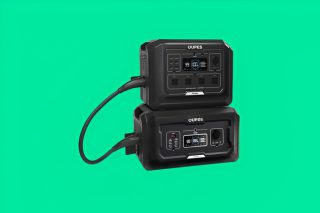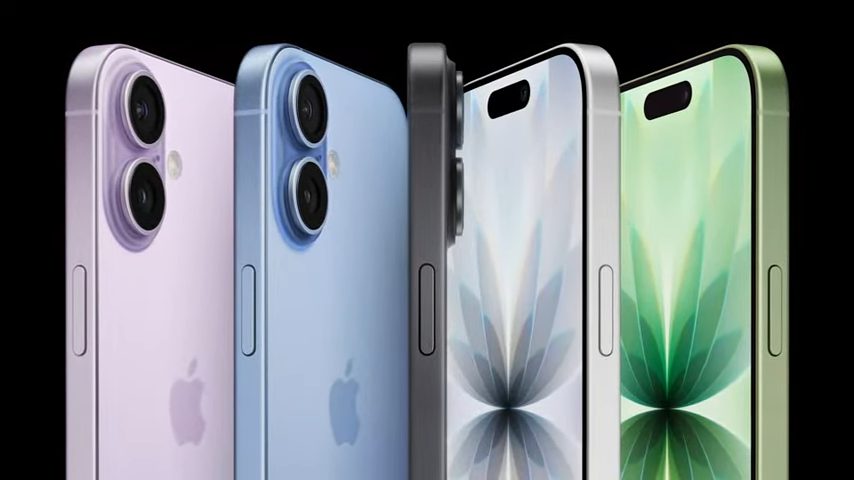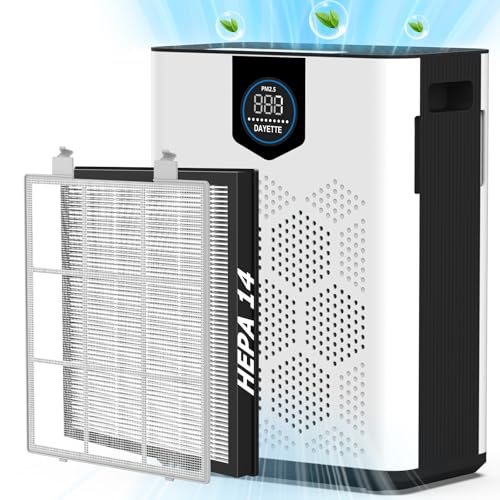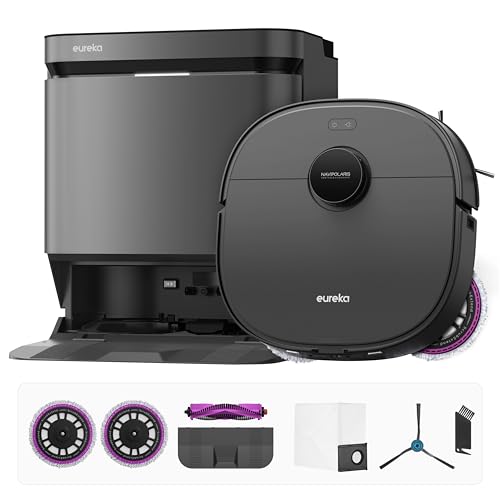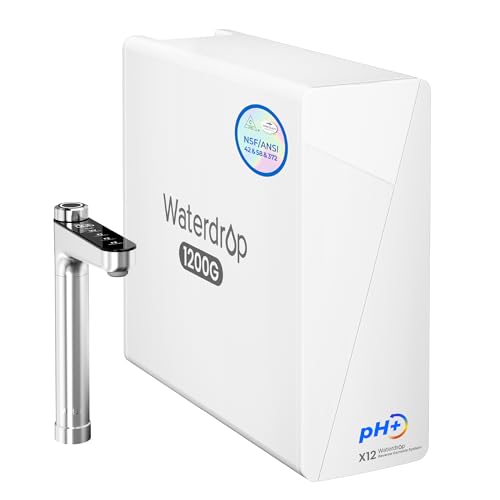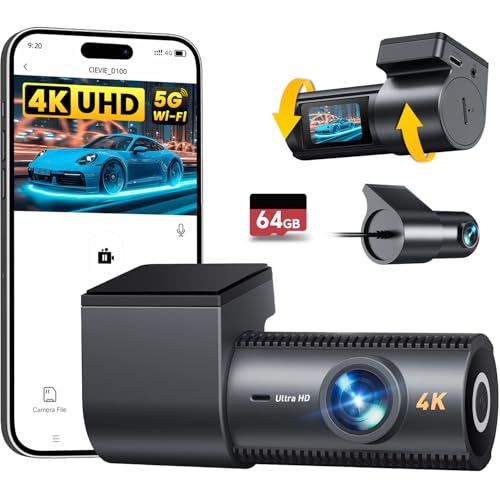Ever wondered why your Tesla needs permission to unlock features already built into the hardware? That moment reveals everything wrong with modern EV ownership. Your grandfather’s Buick became fully his the moment he drove off the lot—no strings attached, no ongoing oversight, no monthly fees to keep the radio working.
Your shiny new electric vehicle operates under completely different rules. Instead of owning the software that runs everything from battery management to autopilot, you’re licensing it under terms that would make a smartphone app developer blush. Tesla can remotely disable your car‘s performance boost. Rivian controls which features transfer when you sell. This isn’t ownership—it’s a subscription service disguised as a car purchase.
The data harvesting happening under your hood would shock you. Your EV collects location patterns, driving habits, and increasingly, biometric information like facial recognition data. That information flows directly to manufacturers 24/7, creating detailed profiles that make your smartphone’s data collection look quaint. Privacy laws like California’s CCPA and Illinois’s BIPA offer some protection, but compliance remains spotty across the industry.
Manufacturer control extends beyond data into practical ownership limits. Companies can disable features during disputes, prevent unauthorized repairs, or even “brick” certain functions if you modify the vehicle. Your expensive EV increasingly resembles your iPhone—impressive capabilities locked behind app store rules and update cycles you can’t control. Aftermarket modifications? Good luck explaining that to your warranty.
The traditional concept of buying a car and owning it forever has quietly died. When licensed features don’t transfer to new owners and basic functions require ongoing connectivity, you’re essentially leasing software that happens to have wheels attached.
Before signing that EV purchase agreement, ask pointed questions about data rights, feature permanence, and modification policies. The sticker price represents just the beginning of your relationship with the manufacturer—not the end of it.


